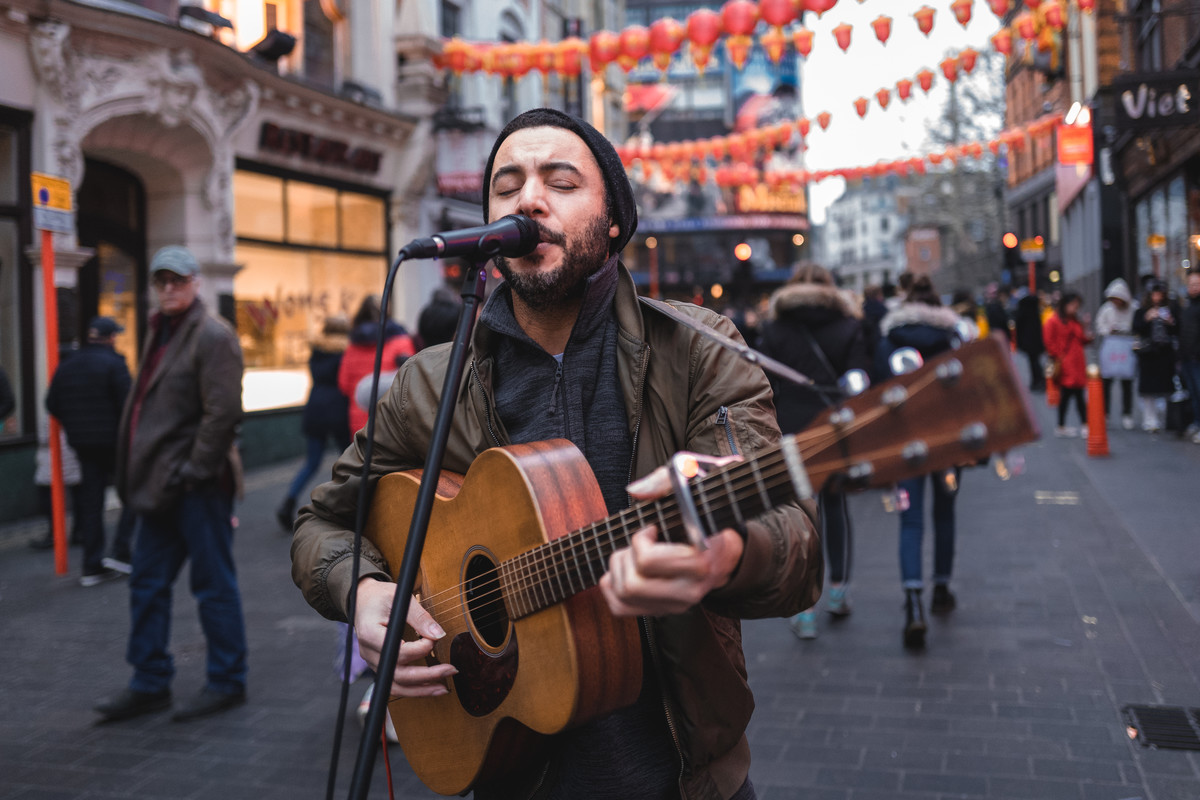- Home
- Hearing Loss
- Audiology
All Ears on the Woodstock Generation
2020-12-29 It was a historic weekend in 1969, which featured rock and roll greats like The Who, Grateful Dead, and Jimi Hendrix blowing the socks off the more than 400,000 people in attendance. But how likely is it that some ears were blown out in the process, causing noise-induced hearing loss and tinnitus for an entire generation? The average rock concert is 115 decibels, and according to AARP, safe exposure to this level of noise ends at about three minutes.¹ Woodstock lasted for three days and comprised more than 50 hours of music. You can do the math.
Musicians at higher risk of tinnitus
Musicians are particularly prone to developing tinnitus. Prolonged exposure to loud sounds is the most common cause of the disease, and up to 90% of people with tinnitus suffer from some level of noise-induced hearing loss.² Further, a recent German study focused on the health insurance records of 7 million people from 2004 to 2008. The results: professional musicians are nearly four-times more likely to suffer noise-induced hearing loss than people of other professions.³
Celebrities speaking out about hearing loss
Legendary rocker, Neil Young, played Woodstock on August 16th, 1969, and continues to perform on the big stage to this day. He also happens to be one of the most well-recognized musicians who suffers from tinnitus. According to the Hearing Health Foundation's (HHF) research on celebrities with hearing loss, Young likely developed tinnitus through years of playing rock music, but he lays the blame on a live concert record he released in 1991 called Weld. He started writing softer songs following this performance, because he “didn’t want to hear any loud sounds.” Woodstock-veteran Pete Townsend of The Who went on to have a similarly long and successful career in rock and roll. HHF quotes Townsend as saying, “I have severe hearing damage. It’s manifested itself as tinnitus, ringing in the ears at frequencies that I play guitar,” Townsend said. “It hurts, it’s painful, and it’s frustrating.”

How well does the Woodstock generation hear today?
It may come as no surprise that musicians are prone to tinnitus, but what about the 400,000 in attendance at Woodstock? Oticon recently commissioned a survey by The Harris Poll to learn more. The survey found that 47% of people in their teens and twenties during the 1960’s and 1970’s now reports some level of hearing loss.4 Ear plugs sure would have helped. However, ear plugs historically have come with an outdated stigma of being “uncool” among the younger music fans.
Longtime music critic, Jim Sullivan, shared on a WBUR post earlier this year that his passion for live music has led to an unfortunate diagnosis from his audiologist. She advised him that he suffers from “high pitch and high frequency loss in both ears,” damage that translates into moderate hearing loss. As a result, Sullivan leaves the reader with some advice: bring earplugs to every gig — even if you don’t need them. Recognize that the quality of life […] is affected by hearing loss.”

What can HearingLife do for Woodstock fans and other music lovers
That’s where HearingLife comes in. Our hearing care professionals are here to help with quality, personalized care as well as cutting-edge technological solutions whether you belong to the Woodstock generation or not. We can tell you when and where you should consider protecting your ears (like at concerts) and what signs you should be aware of so you can face things head-on. We also understand that our services don’t end after you’ve had your fitting, so we’ve introduced our Aftercare program to make sure you enjoy all the perks of being a HearingLife customer. You can also make an appointment to speak to your hearing care provider about having ear plugs molded to your ears.
When you get down to it, life can be just as loud as Woodstock was 50 years ago. Whether you’re listening to your favorite band at a music festival, in your car, or with headphones, the risk of inducing hearing loss and suffering from tinnitus down the road will always be there. Luckily, so will HearingLife.
Latest
Audiology













All 0 comments